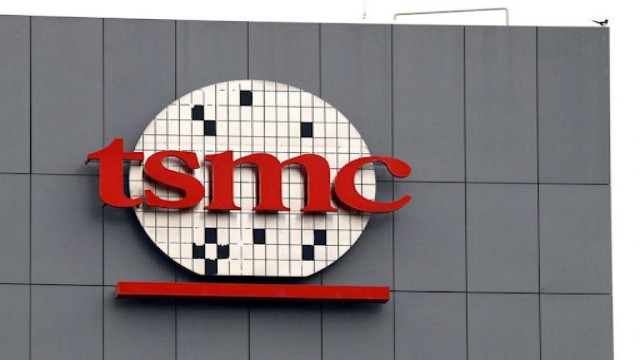
The Microsoft logo is seen at the company’s offices in Issy-les-Moulineaux, near Paris, France, on March 25, 2024. Reuters
Microsoft has unveiled two innovative chips designed to optimize the performance and security of its data centers, an announcement made during its Ignite conference. These chips mark another step in Microsoft’s effort to develop custom silicon tailored to meet its growing demands for artificial intelligence (AI) and overall infrastructure efficiency.
The tech giant has been investing heavily in creating its own processors, similar to the strategies employed by competitors like Amazon and Google. The goal is to gain better control over performance, reduce costs, and lessen dependence on major chip manufacturers like Intel and Nvidia.
The new chips are built specifically for deep integration into Microsoft’s expansive data center network. Each chip addresses a distinct function: one enhances security, while the other boosts data processing capabilities.
The first chip, called Azure Integrated HSM (Hardware Security Module), is designed to bolster security in data centers. Starting next year, this chip will be installed in every new server deployed across Microsoft’s facilities. It is engineered to securely manage sensitive information, such as encryption keys and other critical security data, ensuring they remain safely contained within the security module.
The second chip, a Data Processing Unit (DPU), is aimed at streamlining server functions. It consolidates multiple server components onto a single chip, with a focus on handling cloud storage data. This DPU promises impressive gains in energy efficiency and performance. Microsoft states that it can complete specific tasks using three times less power while delivering four times the performance of current hardware.
In addition to these chips, Microsoft revealed a new version of its liquid-based cooling system for data centers. This system is designed to handle the heat generated by large-scale AI operations, ensuring servers remain efficient even under demanding conditions. By reducing temperatures effectively, Microsoft hopes to support the increasing complexity of AI workloads without compromising reliability.
Rani Borkar, Corporate Vice President of Azure Hardware Systems and Infrastructure, emphasized the company's focus on refining every layer of its data center infrastructure. "Our aim is to optimize each layer to meet the speed and efficiency AI requires," Borkar noted, underlining Microsoft’s commitment to staying at the forefront of AI advancements.
The introduction of these chips and advanced cooling solutions highlights Microsoft’s dedication to innovating data center operations. These developments not only enhance the company’s ability to handle large-scale AI tasks but also reflect a broader trend among tech giants to build customized hardware for competitive advantages.















